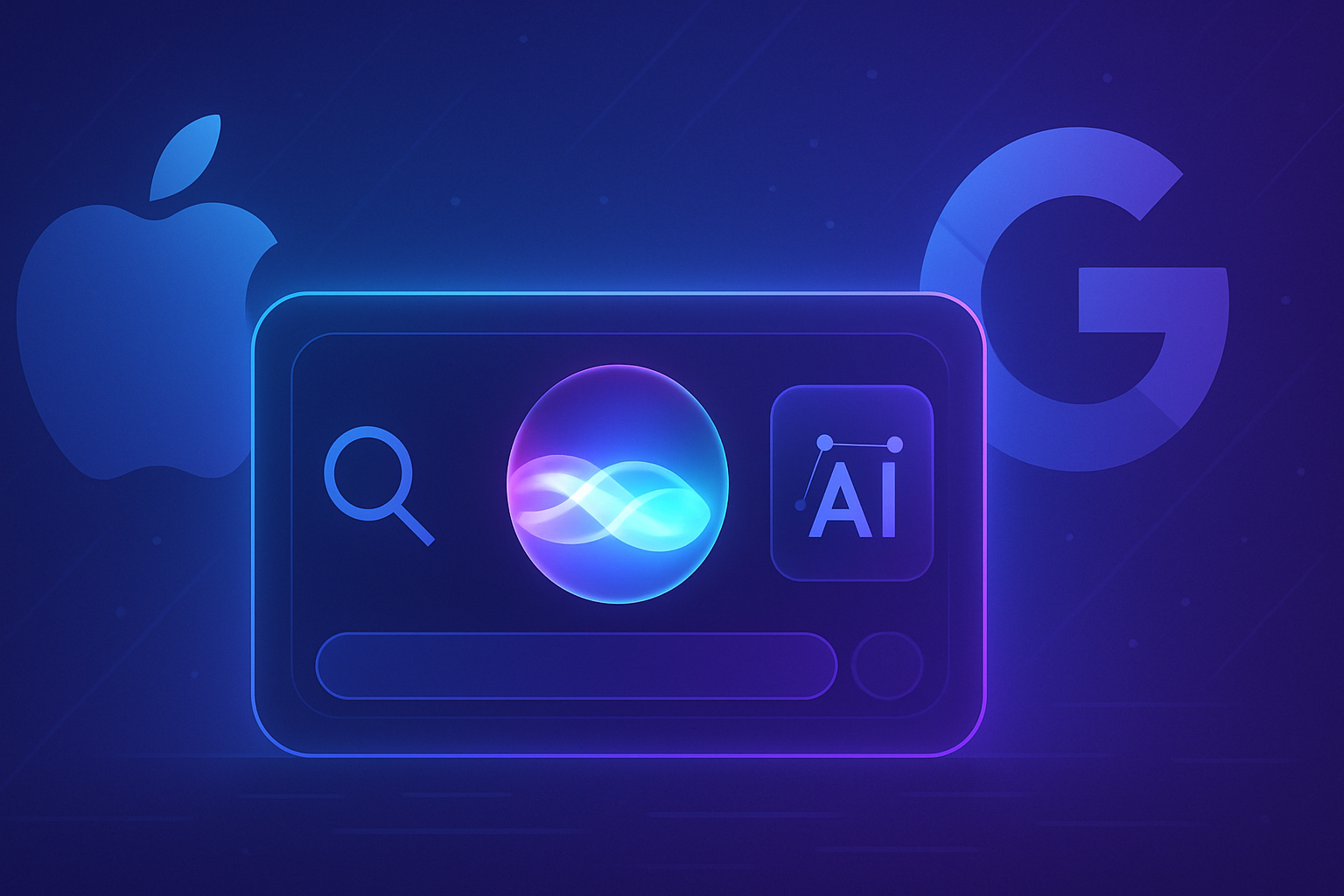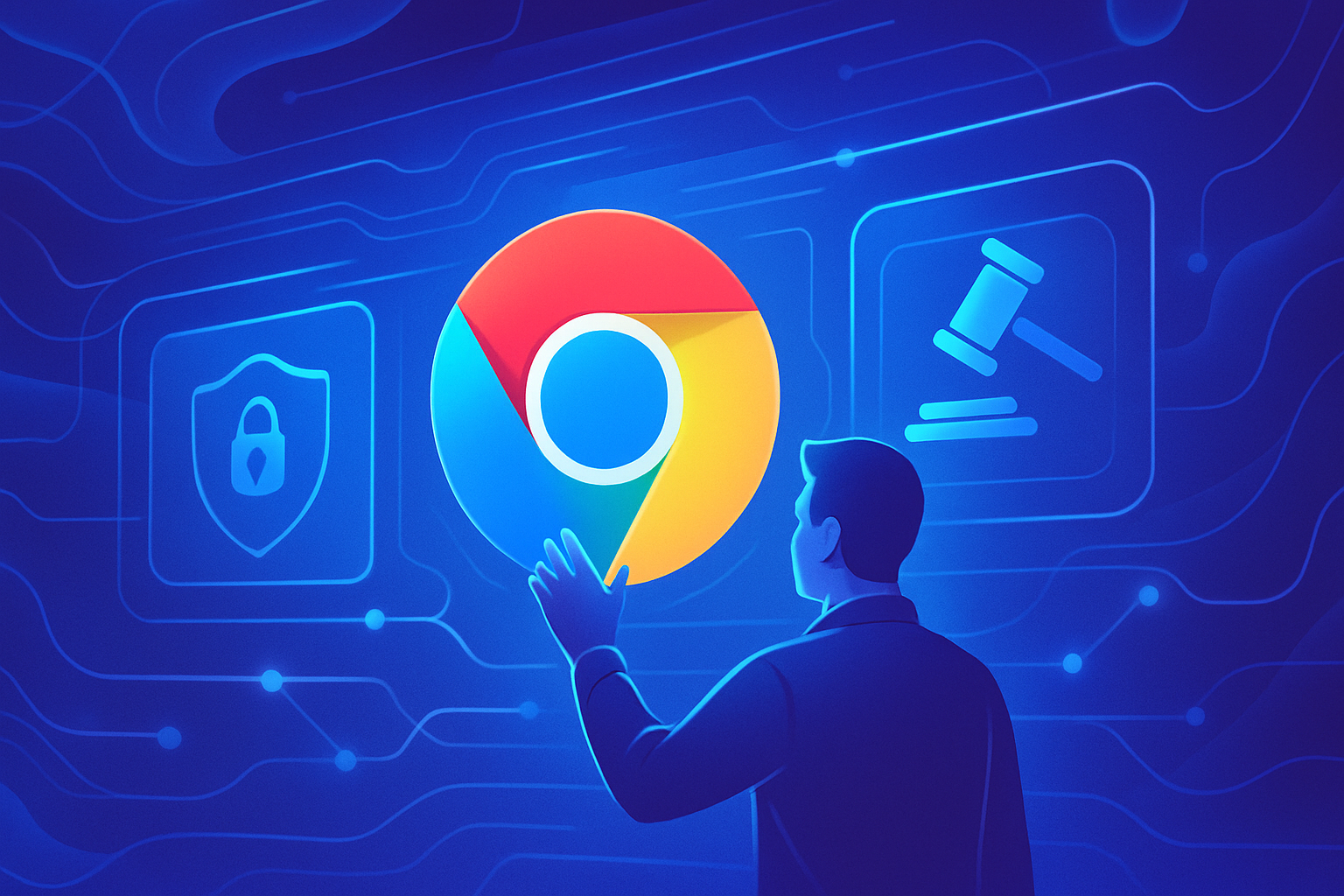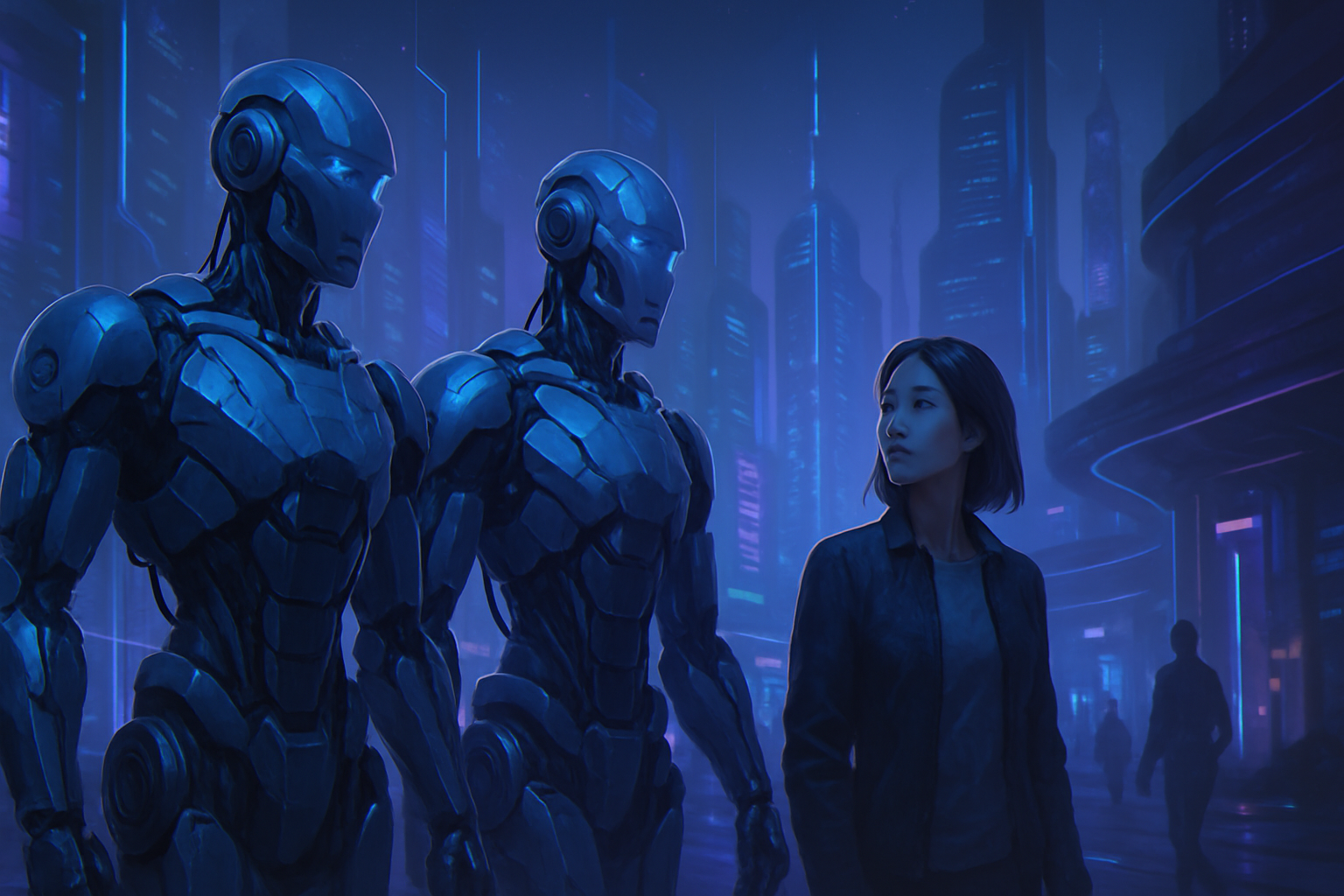The imminent arrival of OpenAI agents is radically transforming the relationship between users and technology. The tool, coded under the name Operator, *promises to reinvent the way we interact* with our computers. This development paves the way for an unprecedented autonomy, enabling the execution of complex tasks such as programming and travel bookings. Each user may desire a *simplified digital experience*, where technology truly becomes an intelligent collaborator.
The rise of OpenAI and the new AI agent
OpenAI is poised to revolutionize technology use with the potential launch of a new tool, coded named Operator. This system is rumored to be presented as early as January. OpenAI’s promise is to allow users to delegate tasks directly to this artificial intelligence, thus transforming their way of interacting with their digital devices.
Innovative capabilities serving users
According to internal sources, Operator will be capable of controlling a web browser, executing commands such as writing code or making online travel bookings. This advancement could signify a decisive step toward autonomous agents capable of performing complex missions without direct human intervention.
Technology companies are competing to develop high-performing AI agents. Google has recently faced a leak concerning its tool Jarvis AI, which also claims to accomplish similar tasks. This competitive context highlights the growing interest in systems that can operate without supervision, ensuring unprecedented convenience for users.
A testing ground for developers
The initial launch of OpenAI is expected to take the form of a research version, allowing developers to test the API. This development model promotes close collaboration with users, facilitating performance evaluation and optimization of the tool’s capabilities. For OpenAI, in addition to developing new algorithms, the challenge is to ensure the security and effectiveness of these AI agents across all application domains.
The challenges of trust and oversight
Expectations around OpenAI underscore the necessity of prior trust in these new technologies. AI agents are designed to operate autonomously, which poses a significant challenge regarding their reliability. According to experts, even the most advanced systems will require some form of oversight, especially during their initial usage experiences.
Performance is not always guaranteed. OpenAI has recently launched a benchmarking tool, SimpleQA, which highlighted mixed performances from its current model. A success rate of only 42% demonstrates that, despite innovation, the path to fully effective agents remains fraught with challenges.
Future perspectives: October 2025
Sam Altman, the CEO of OpenAI, speaks of significant developments expected by 2025, foreseeing major advancements in AI agents. Several players, including Google and Anthropic, are also ramping up their quest for innovation in this area. This intensified competition could lead to more robust and reliable autonomous tools, ready to penetrate users’ daily lives.
The potential for OpenAI to create tools that impact daily life excites as much as it concerns. The increasing mastery of computers by intelligent systems raises ethical and practical questions about their safety. Users will need to navigate between enthusiasm for these innovative technologies and concerns regarding their oversight and use.
Frequently asked questions about OpenAI and task automation
What is OpenAI’s ‘Operator’ tool?
The ‘Operator’ tool is an artificial intelligence agent developed by OpenAI, designed to automate computing tasks by controlling users’ web browsers.
How can the ‘Operator’ tool help me with my daily tasks?
It can perform various actions such as writing code, booking trips, or conducting research on specific topics, thereby simplifying your workload.
When will it be available to the public?
According to the latest information, the ‘Operator’ tool is expected to be launched in January as a research preview, with possible access via OpenAI’s API for developers.
What does the interface of the ‘Operator’ tool look like?
While specific details of the interface are still to be defined, it is anticipated that ‘Operator’ will primarily function as a browser extension, facilitating task execution through an intuitive interface.
What types of tasks will the ‘Operator’ tool be able to perform?
It will be capable of handling tasks such as browsing, form filling, conducting searches, and potentially writing scripts or code based on users’ needs.
What are the risks associated with using AI agents like ‘Operator’?
The main risks include the need for increased trust in decisions made by the AI, as well as the possibility of errors or unexpected behaviors that could affect task execution.
Can AI agents completely replace human tasks?
While AI agents can automate many tasks, they will not completely replace humans, as oversight, validation, and critical decision-making will remain essential.
What distinguishes the ‘Operator’ tool from traditional chatbots?
Unlike chatbots that interact via text, ‘Operator’ can take concrete actions within your computing environment, making its use much more interactive and practical.
Does using the ‘Operator’ tool require special technical skills?
No, the idea is to make the tool intuitive and accessible, allowing users to use it without advanced technical skills, although some complex tasks may require a basic understanding.






